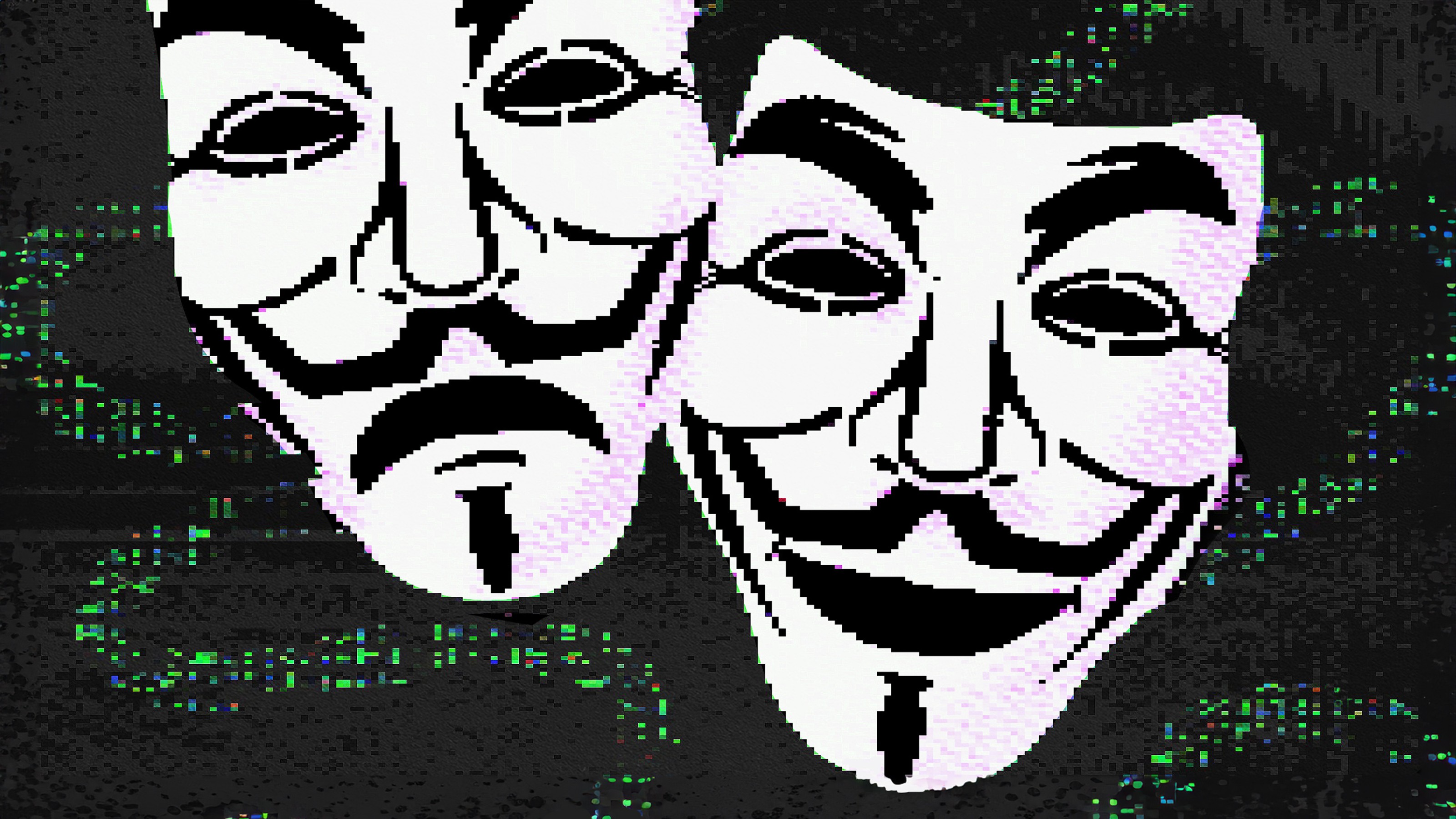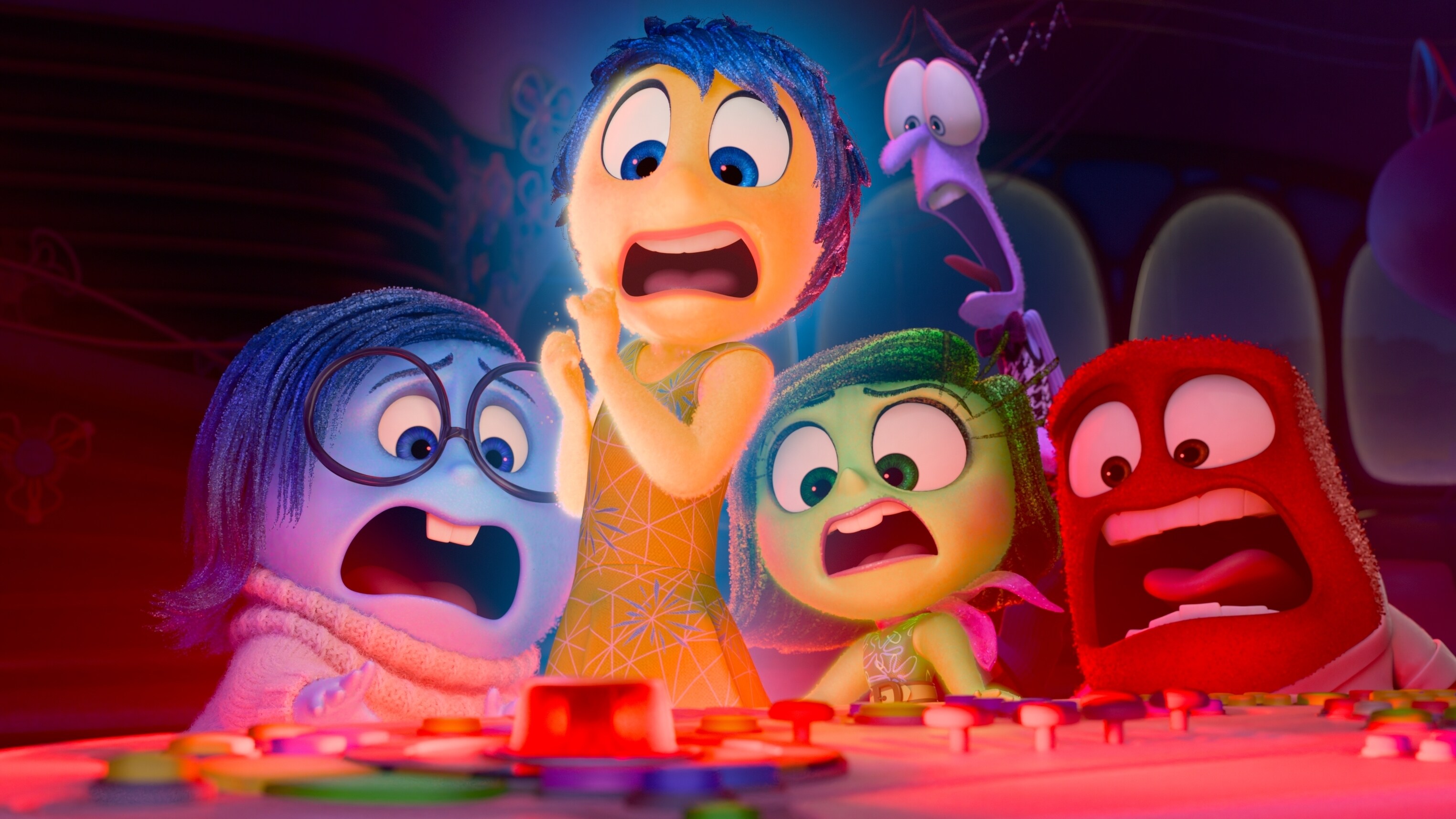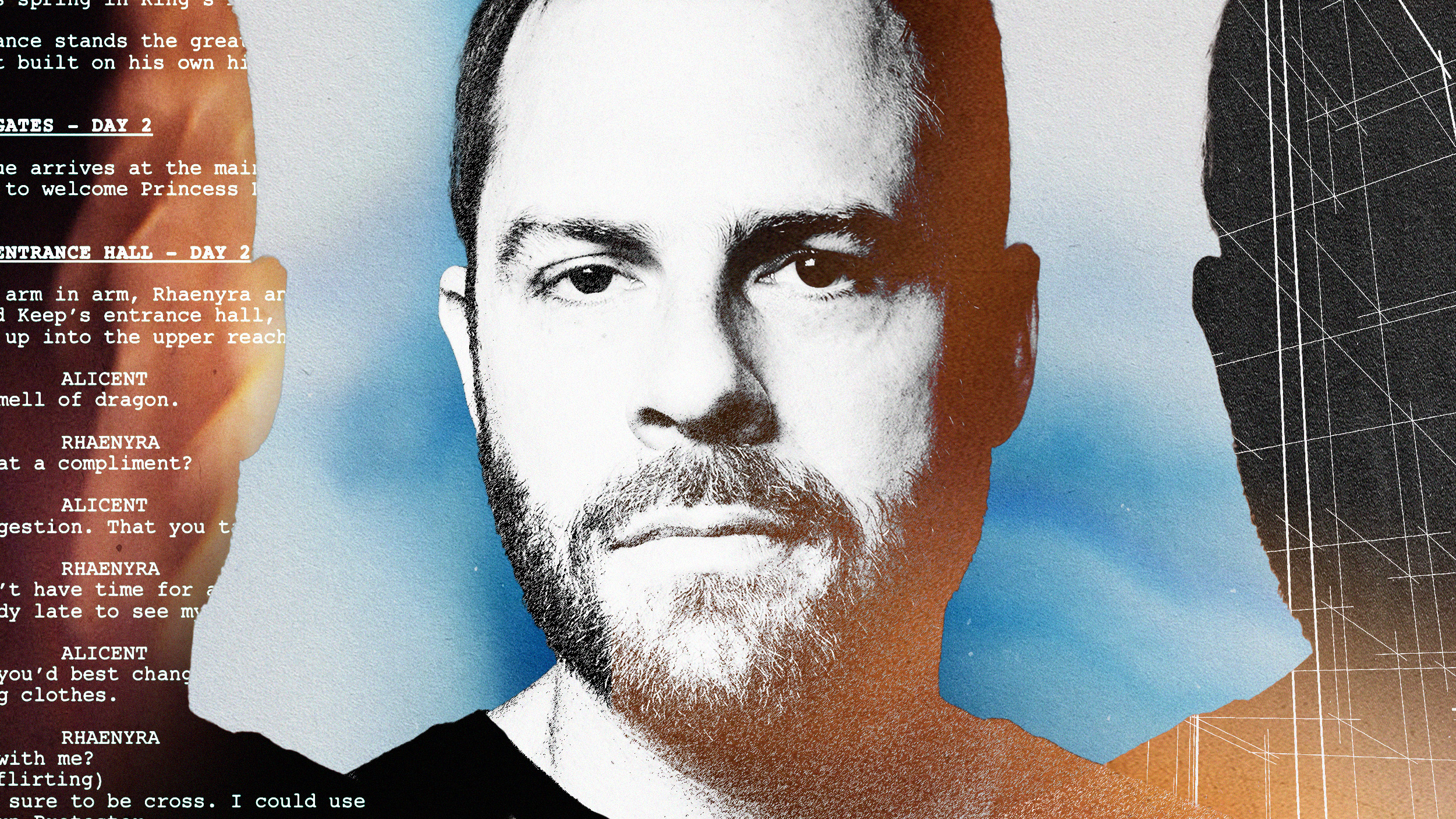Hollywood and the media portray veterans as either villains or victims, says the IAVA founder.
Question: How do you feel about the portrayal of veterans in film and the media?
Paul Rieckhoff: I think the media has in large part perpetuated a series of stereotypes that exist. For the most part the average veteran is depicted as either a villain or a victim—one or the other. And our job every day is to kind of break that construct. Films like “The Hurt Locker,” and “Brothers,” and “Valley of Elah”—a lot of the big Hollywood films that have come out so far, or the popular Hollywood films that have come out so far—have really perpetuated these stereotypes.
If you watch something like “The Messenger” with Woody Harrelson, the big message is: don't invite vets to your wedding because they're gonna get drunk and punch somebody in the parking lot. You know, “Hurt Locker” did convey a very powerful, emotional connection, and that's a good outcome. It did connect people with the feeling of anxiety and the tension that exists in Iraq and Afghanistan. But it also perpetuated this kind of cowboy... lack of teamwork that really wasn't representative.
And the biggest issue I have with “The Hurt Locker” is how folks portrayed it as: this is the real thing. It's not the real thing. If you want to see the real thing, go see documentaries like “Restrepo” put out by Sebastian Junger. Go so “The War Tapes.” Go see “Gunner Palace.” They are these fantastic documentaries that can show you the real thing, but understand that “Hurt Locker” is a Hollywood interpretation of what happened in Iraq... and a person's story.
At the end of the day, I think the media has a long way to go. And that comes down to really digging in and understanding the community, and understanding the complexity of the issues, and understanding the depth of the characters involved. And there is a responsibility on the part of the media to represent accurately the wide range of experiences in our community. Yes, there are people who are coming home with problems. Yes, there have been violent incidents, but there have also been folks who are at Ivy league schools, who are Rhodes scholars, who are running for Congress, who are doing some incredible things, and we just want to make sure they're represented and their stories are told, as well. And ultimately it may come down to us.
We know that the Vietnam veterans were a huge part of explaining the experience to the American public. Whether it was somebody like Joey Galloway, who was a reporter at the time with Colonel Hal Moore, or if it was someone like Oliver Stone making pictures in Hollywood. We understand that the writers of Iraq and Afghanistan, the producers, the anchor people, the reporters that are gonna come out of that experience are gonna have to help keep it in check. We're gonna have to serve as watchdogs and representatives on behalf of our community, saying “Yes, that's accurate. No, that's not,” because for the most part the American public doesn't know, and that's gonna be a key role of veterans leaders in the next couple of months and years is to spot check those things and provide that sounding board.
Recorded August 2, 2010
Interviewed By Max Miller





